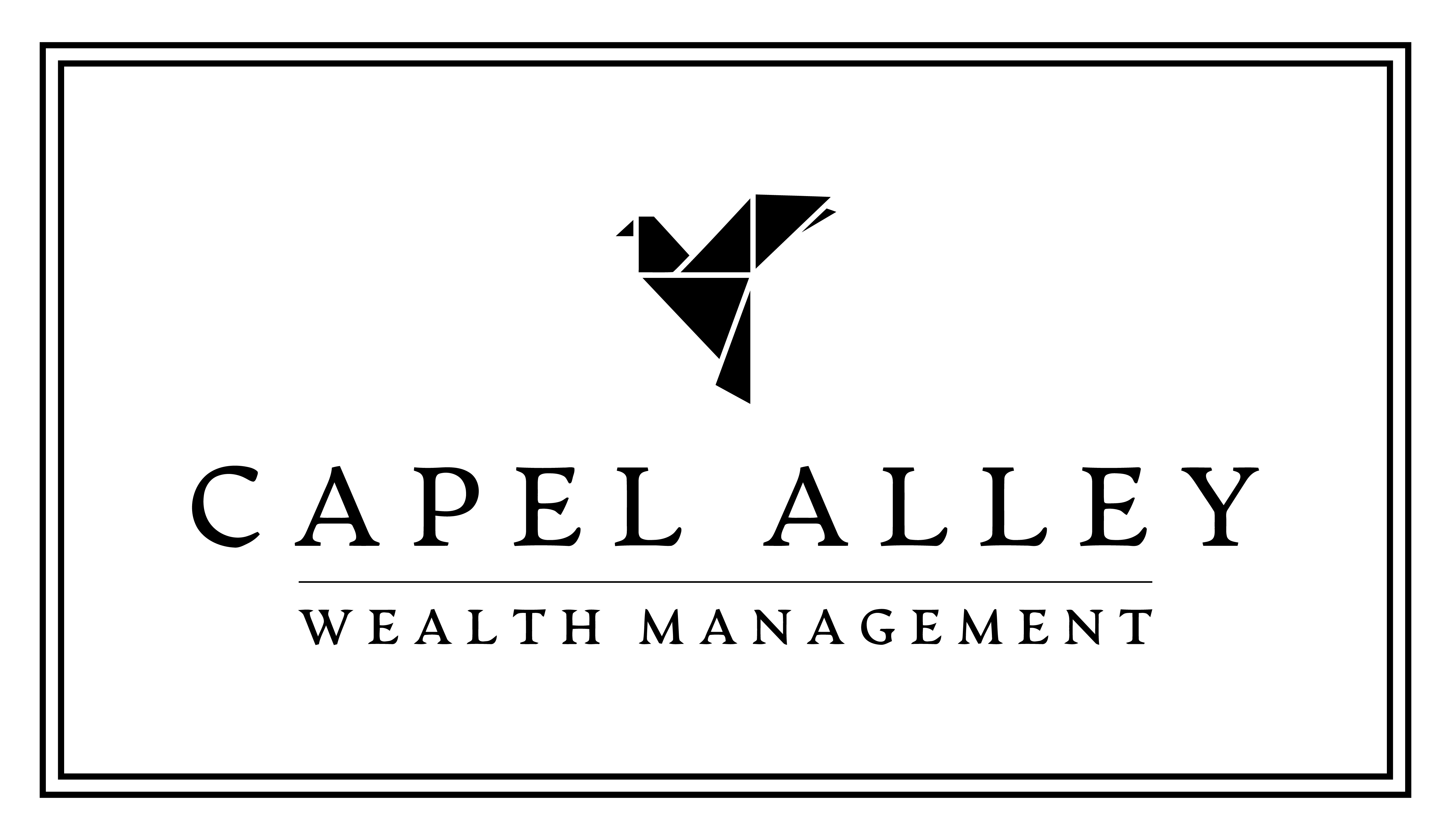Body
The lack of understanding around UK pensions is a prevalent issue that stems from the complex nature of the UK pension system. Many individuals find themselves overwhelmed by the intricacies of pension plans, investment options, and retirement regulations. This lack of comprehension can lead to missed opportunities for optimising pension benefits and, unfortunately, results in pensions being underutilised. Often, individuals are unaware of the diverse investment strategies available within pension plans, leaving them with suboptimal returns. Moreover, the evolving landscape of pension regulations and the myriad of choices available further contribute to the confusion. The consequence of this lack of understanding is that individuals may not harness the full potential of their pensions, hindering their ability to secure a comfortable retirement.
Taking control of your pensions is one of the best ways to ensure financial security in retirement. Consolidating your pensions can help to reduce your administration burden and ensure all your pension funds are growing optimally – to a centralised strategy. However, there could be good reasons for keeping your pensions where they are.
Let's get you ready for retirement
Pensions are an important component of a successful retirement plan. Not only do they grow virtually free of all UK taxes, but they also offer income tax relief on contributions – so a nice way to claim back some of that tax paid on income! For example, paying £10,000 into a pension would see your contribution uplifted to £12,500, with the ability to claim back further higher-rate tax relief from HMRC. If you’re a company director, paying into a pension means no corporation tax on the contribution, or income tax and national insurance!
Another often overlooked benefit of a pension is the estate planning benefits. Pension funds are not subject to inheritance tax (IHT) on death, so are an efficient vehicle for circumventing your family from having to potentially pay 40% IHT.
Pensions can often seem complex and hard to understand. But fear not, because working with a professional adviser is one of the safest ways to ensure your pensions are ‘fit for purpose’. Ensuring you have the right pension is also very important – we can help with private pensions to specialist pensions for business owners, ultimately drawing on the right solutions to ensure the optimal plan for you.
Some things to think about when planning your pensions
-
Are you on track to achieving what you will need?
Finding the answer to this question requires realistic assumptions and forecasts, and will no doubt require fine-tuning from year to year. When you began funding a pension, you may have been at the start of your career, however as you grow older and become more successful, you may build up alternative sources of income that could be used in retirement. Fine-tuning the level of income, you will require in retirement, can help to ensure you are taking the necessary level of risk to grow your pension fund.
Cashflow forecasting is an exercise that can create a future model of your pensions and investments, factoring in your current and future income and expenditure. Understanding realistic inflation numbers and future expected growth rates can help to create more accuracy when designing these forecasts and answers the question that many of our clients often ask: ‘how long will my money last me’.
We use one of the UK’s leading companies for expert analytics, to ensure the most sophisticated forecasts are provided for our clients, in a client friendly format.
See our Cashflow Planning page for more information.
-
When will you need to access your pension?
Retirement means different things to different people. Some may have a set age when they wish to hang up their gloves, whereas others may want to continue working for as long as they physically can. Some other factors may determine this – from whether you have contributed sufficiently over the years, or indeed taken the necessary investment risk to allow your pension to grow. However, rest assured, that working with a professional adviser will remove the burden of this worry and help to ensure you have made the most of your planning for when this time arrives.
It’s important to note that the current normal minimum pension age is 55, however this will be increasing to 57 from 6 April 2028, unless you have a Protected Pension Age, or you’re retiring due to ill health.
-
Should I combine and consolidate my pensions?
Managing multiple pension plans can be complex and time-consuming. Consolidation simplifies the process by bringing all your pension funds together under one umbrella, making it easier to monitor, track, and manage your retirement savings. Consolidating pensions allows for a more comprehensive view of your retirement savings. This holistic perspective enables better financial planning, helping you to set clearer goals, understand your overall investment strategy, and make informed decisions about your retirement.
Before consolidating pensions, it's essential to carefully consider potential downsides to ensure that consolidation aligns with your specific financial goals and circumstances. Factors such as exit fees, loss of benefits, and changes in investment strategy should be thoroughly evaluated.
* It was recently announced that, starting from April 6th, 2027, pensions will be subject to Inheritance Tax (IHT) due to upcoming changes in pension legislation.
Contact us today to ensure a clear road ahead as you navigate your way to retirement.








